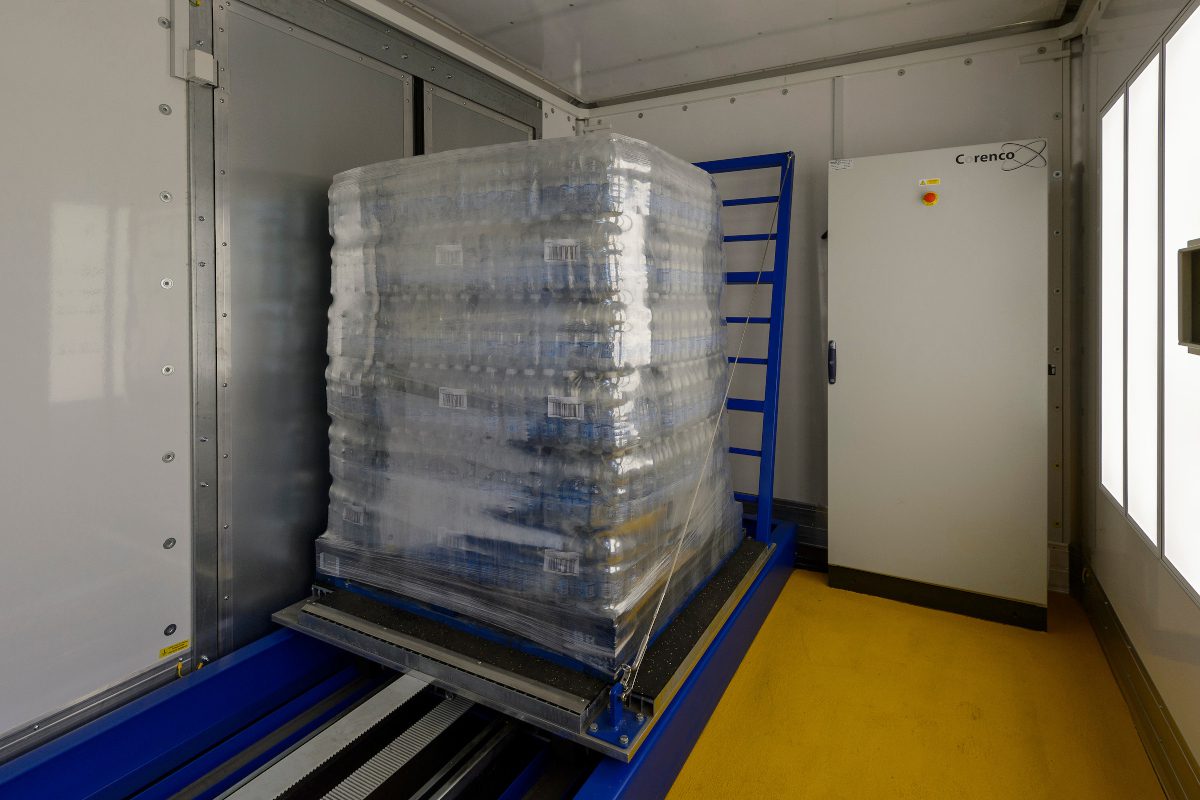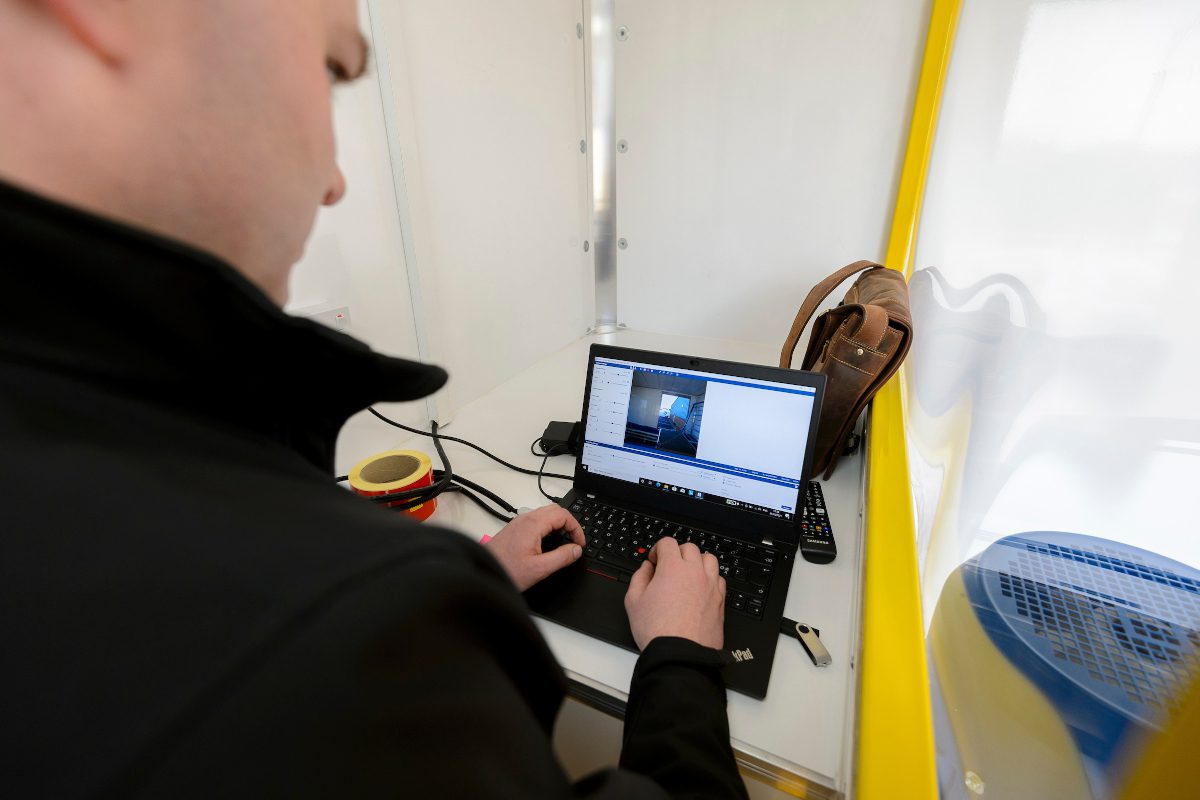
What’s described as the UK’s first mobile pallet stability test lab promises to save thousands of tonnes of plastic stretch film every year, cut costs and reduce product waste in transit, says the firm behind it.
Lindum, a UK expert on pallet wrapping and stability, says the new mobile test lab “will revolutionise the way UK businesses reduce costs, plastic and CO2 through pallet stretch film optimisation whilst alleviating the risks associated with changes to packaging.”
The Grimsby-based company calculates that UK businesses use 150,000 tonnes of stretch film a year. Stability testing combined with use of correctly specified wrap could reduce this by 45,000 tonnes per year, saving money reducing plastic waste and cutting CO2.
Developed by Lindum Packaging, the test lab will provide on-site real-time pallet stability testing. Until now, says Lindum, companies have had to conduct inconclusive transit trials, often at test facilities in Europe, at a cost of up to €8,000 per test.
The new unit is driven to a customer’s factory or warehouse to test stacked pallets there and then. It also tests four times quicker than traditional off-site methods, enabling more testing to be completed at a much lower cost per pallet. And it is the first mobile test lab to test to conform to EUMOS 40509:2020 Standard.
The lab uses an on-board accelerator bench that simulates the stresses a loaded pallet is subject to when a vehicle brakes suddenly. A camera measures and records the deflection and movements in the pallet at a range of pre-set G forces and the data is analysed by specially written software to determine pallet stability performance in accordance with the EUMOS standard. Immediate feedback is provided to adjust the wrapping and a pallet can quickly be re-tested.

Bernard Sellars, managing director of Lindum Packaging said: “Many businesses are currently wasting thousands of pounds on stretch film because they are over-wrapping pallets. Companies are reluctant to change because until now there has been no quick and consistent way to test the effectiveness of what they are doing.
The new unit, he says, “changes all that by providing a cost-effective testing method that will improve stability, reduce product damage in transit and save thousands of tonnes of stretch wrap being used.”
The Grimsby-based company calculates that UK businesses use 150,000 tonnes is stretch wrap a year. Stability testing combined with use of correctly specified wrap could reduce this by 45,000 tonnes per year, saving money reducing plastic waste and cutting CO2.
Mr Sellars added: “With the introduction of the plastics tax in less than a year, the mobile test lab will allow companies to cut the amount of plastic stretch wrap they use, reducing their liability for the tax and improving their environmental performance.
“At the moment many businesses are using poor quality wrap, which is incorrectly applied and overwrapped in the hope that this will provide adequate protection and stability. They are surprised that thinner wrap applied correctly gives better protection and stability, whilst reducing costs and plastic.”
The Mobile Pallet Stability Test Lab was launched to over 100 food industry, packaging and logistics professionals during a virtual event on 7 April.







